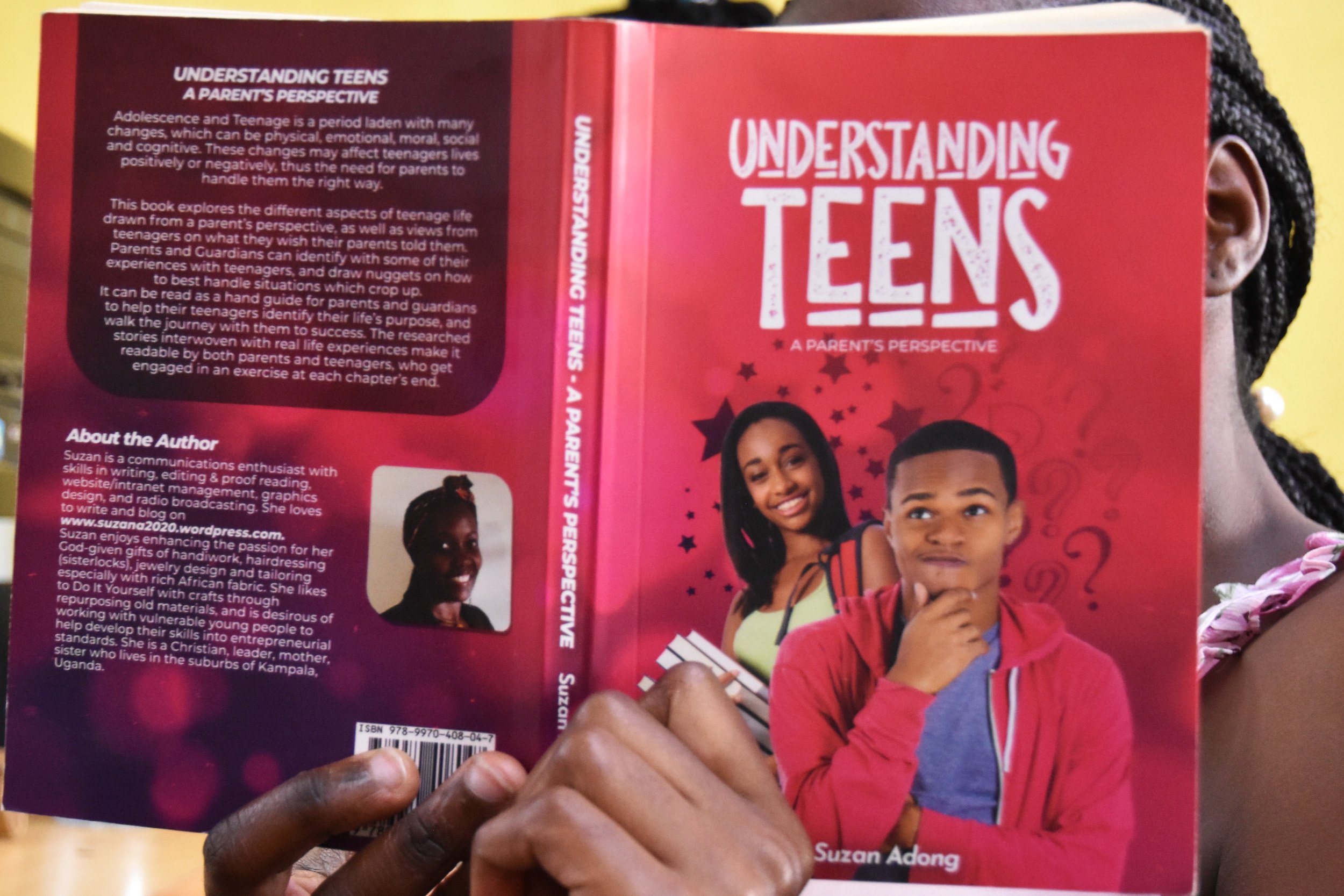Prime
Will you live your life under threats?

What you need to know:
If it does not add up, simply dismiss it with the contempt it deserves
There is growing hopelessness among us, which if left to go on unchecked is likely to feed a looming vicious cycle. It is true that we are often in the dark when it comes to understanding the nature of existing threats and their probable implications in our lives. But this darkness is as unpredictable and aggressive as it is unfounded.
For instance, recently, I noticed I had been more vigilant about where I sit in the staffroom or from who of my colleagues I can accept gifts. The reason is, I discovered, was I had unwittingly become close to people who always seem to be on guard and have harrowing cautionary tales to explain their attitude. It all started with a conversation a colleague shared with me looking for advice. According to her story, her mother had been admitted in hospital after consuming food from a neighbour’s place, which gave her food poisoning. Apparently, the two families do not see eye to eye, but since her mother did not want to set neighbourhood tongues wagging, she had honoured a wedding invitation from the rival family.
While at the party, her mother made the mistake of eating food from the buffet. Although more than 300 other guests had also eaten the food cooked by an independent catering service, she was the only one who ended up with food poisoning. Now my colleague’s family is threatening to sue, suspecting the family intentionally poisoned the old woman.
When I asked another colleague who is expecting her first child when her baby shower was, she told me she would not have one. When I pressed, she told me her senga (aunt) had forbidden her from having a baby shower as a result of increased stillbirths associated with them. According to her senga, many gifts people give at these celebrations are tainted with witchcraft, leading to stillbirths or worse.
To drive her point home, her senga had related a story of a couple from their church, whose relationships took a turn for the worse after their wedding. Apparently, their pastor, after praying for them, divined that someone had given them a “poisoned” gift. To rid them of the witchcraft, he, burnt all the gifts. “Is the couple better now?” I asked, to which she replied that God does not work like a magician. “They will recover with time,” she assured me.
For a long time, I was scared and concerned, until I gave myself permission to question these stories. And after thinking about it, I realised none of them had any ounce of truth in them. The old woman could have gotten food poisoning from anywhere and it is common for couples to struggle, especially following the expenditure incurred during wedding preparations. As for the stillbirths, the recent maternal mortality rate says differently, and I am comfortable placing my bets with the experts.
These kinds of threat-laden tales spread so much misinformation, thanks to social media. We are awash in dire warnings, from well-intention albeit misguided elders, social media and even the media. Pick up any newspaper and the dominant stories will be about wicked politicians who are planning to wipe us off the face of the earth and how the earth itself is in imminent danger. All of these threats trickle to our brains, affecting us psychologically and socially.
Already, we are seeing these effects in the changing attitudes towards bridal and baby showers. We have become so paranoid that we cannot comfortably enjoy the generosity of others. It is imperative that we equip ourselves with tools that will help us stop this madness in its tracks. If it does not add up, simply dismiss it with the contempt it deserves. Do not live your life restricted by conspiracy theories, extremism, hate and misinformation. And last but most importantly, control your participation in this fear mongering.
Impact of chronic fear. Brain processing and reactivity. Fear can interrupt processes in our brains that allow us to regulate emotions, read non-verbal cues and other information presented to us, reflect before acting, and act ethically. This impacts our thinking and decision-making in negative ways, leaving us susceptible to intense emotions and impulsive reactions. All of these effects can leave us unable to act appropriately.




